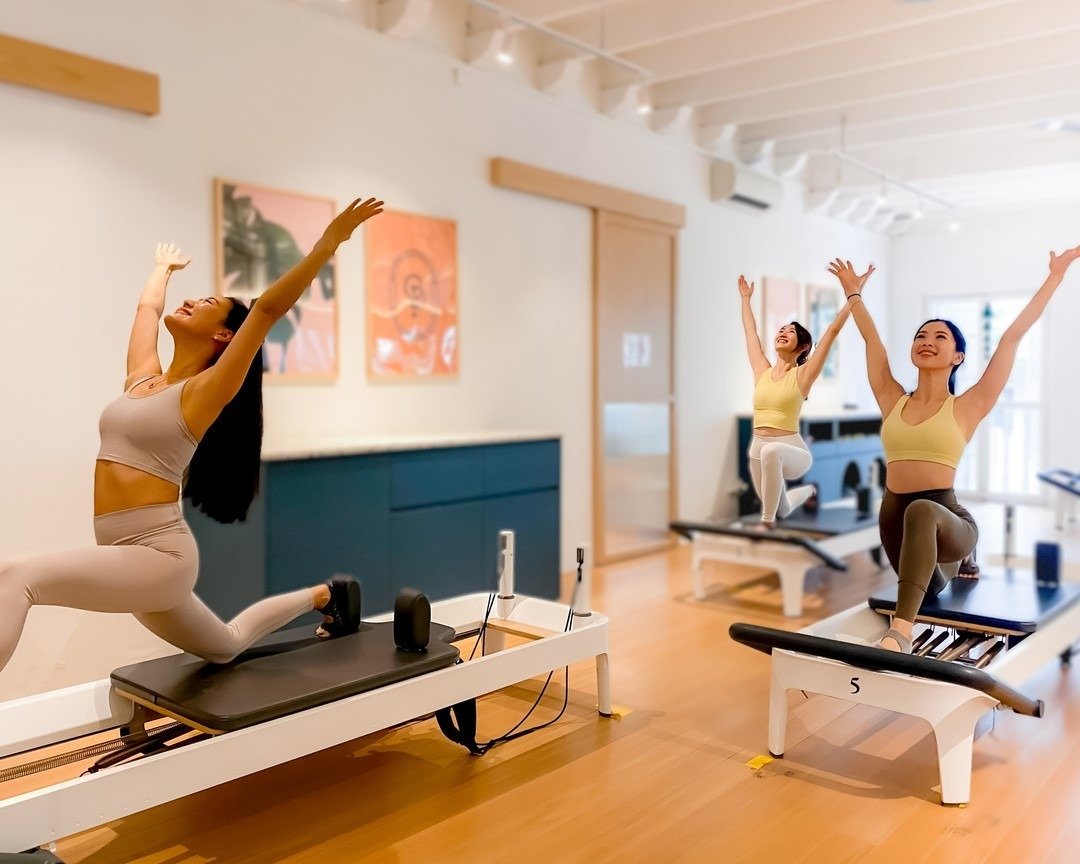Skincare routine steps and tips from Singapore’s best dermatologist - we go behind the scenes
Skincare in Singapore: Vitamin C serum? Vitamin A? Find what you need to feed your complexion
Text: Sam Y
The beauty industry is constantly coming up with new skincare products, each one advertised as the panacea for good skin. But as everyone’s complexion and needs are so unique, not every skincare ingredient in the serums and creams you use will work. It’s hard to know which cosmetics work best when, on top of the options available, there’s also a plethora of skincare myths and stories of awful side effects.
We speak to Dr Tan Hiok Hee, Senior Consultant Dermatologist at Thomson Specialist Skin Centre to find out the truth, and to learn how we can suss whether a product is truly good for the skin.
TS: What are common skincare myths we shouldn’t listen to?
Dr Tan: I’ve had patients suffer severe irritation from using concentrated lemon juice or apple cider vinegar on their skin to get rid of blemishes. Some even use toothpaste on their acne, which I highly advise against. There’s also the myth about using essential oils on acne; just because a product describes itself as being ‘natural’, it doesn’t mean it won’t have any side effects. Patients have come to me after suffering from allergic contact dermatitis to certain essential oils they’ve experimented with.
TS: Why should we be watchful of the ingredients in our skincare routine?
Dr Tan: Because everybody’s skin is different. What’s good for one person, may not be good for another, leading to breakouts and irritation on the face. If you have eczema and dry skin, you may want to avoid products with sodium lauryl sulphate, which is incorporated into many soaps and cleansers — it produces a good lathering effect that most people without sensitive skin can enjoy without harm, but it can further aggravate dryness if you have eczema. Some products also include preservatives or fragrances that can trigger allergic reactions.
TS: What skincare ingredients do you wish people were more educated about?
Dr Tan: Sunscreen is an important example of the need to be wary. While its usage is essential to reduce the incidence of skin cancer, unwanted pigmentation and blemishes, some people are sensitive or allergic to certain sunscreen ingredients. These tend to be the ‘chemical’ sunscreens which contain substances that absorb ultraviolet radiation. What might work better are ‘physical’ sunscreens that contain titanium dioxide that reflect ultraviolet radiation.
TS: What ingredients should we be looking at to prevent adult acne?
Dr Tan: Many over the counter products contain benzoyl peroxide. This is an effective anti-acne ingredient, but may cause irritation, especially if higher concentrations are used. People with sensitive skin should start with lower concentrations of 2.5% or 5%, instead of 10% formulations.
TS: Can you reveal some effective alternatives to the products listed above?
Dr Tan: There are many good products that you can purchase or be prescribed which can control and reduce pigmentation. These range from products containing tranexamic acid, arbutin, and antioxidants such as vitamin C, and vitamin A derivatives, as well as retinols and prescription strength topicals which your dermatologist can advise on.
TS: How can you test a new product before applying it on your face?
Dr Tan: One technique is known as ‘ROAT’ or the Repeat Open Application Test. Before using something on your face, apply a small amount of it on the inner aspect of the upper arm. Do this daily for a few consecutive days. If there’s no redness or itchiness, and no rash develops, the product is then probably safe to try using on your face.














